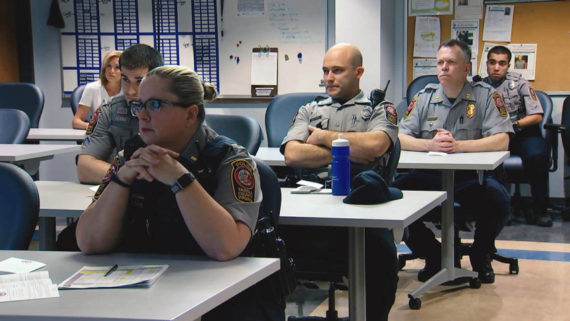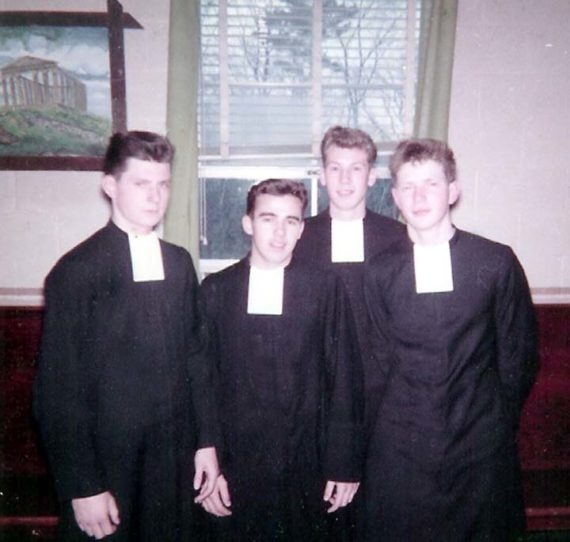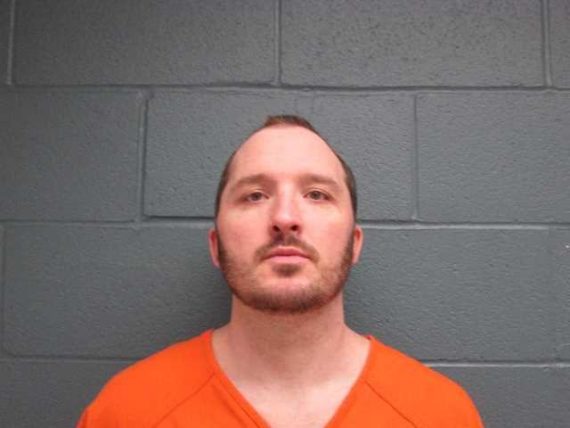
Fairfax County Police roll call. Courtesy NBC 4
(5-4-20) Five years ago, the police department and sheriff’s office in Fairfax County, Virginia, came under fire because of two separate deaths: an alleged coverup of a police shooting outside a home and the death of Natasha McKenna, a woman with mental illness, inside the jail.
Because of the public outcry, the county’s governing body (the Fairfax County Board of Supervisors) created an Ad Hoc Police Practices Review Commission to review what had happened and recommend reforms to reduce future police shootings and inmate deaths. I served on that commission and among its myriad of recommendations in its final report were 24 specifically about mental health.
It’s not uncommon for a blue ribbon panel to publish a report, only to have those recommendations sit on a shelf gathering dust. To insure this didn’t happen, the county periodically listed on its website a progress report.
Unfortunately, the last update posted on the website was on June 2018 – nearly two years ago. That’s not a good sign.
One possible explanation for the lapse is that the two elected officials most responsible for pushing reforms – former Board Supervisor Sharon Bulova and Supervisor John Cook – are no longer in office.
Regardless, the public is entitled to know which of the commission’s recommendations still haven’t been implemented and why.
I’m curious too if your community adopted any of these mental health reforms.






